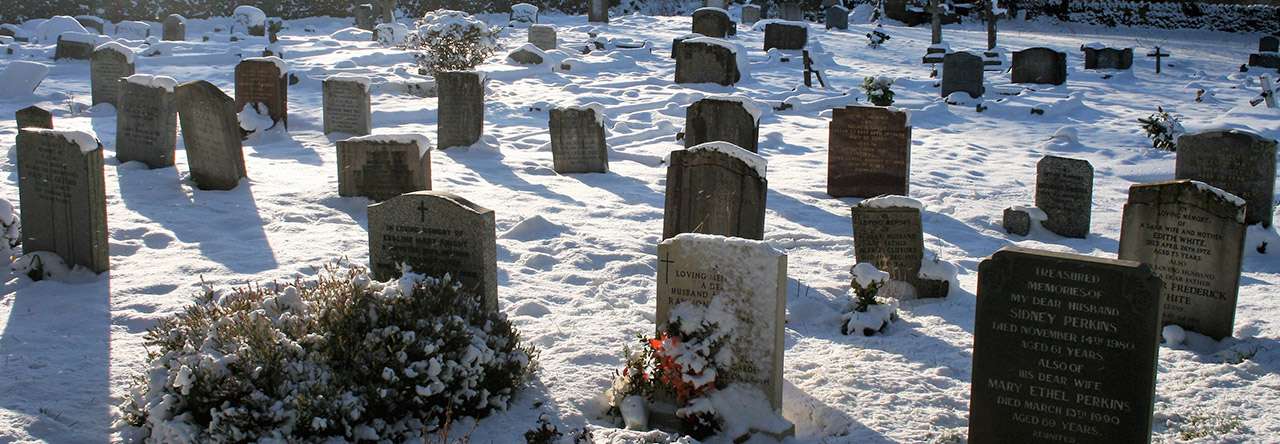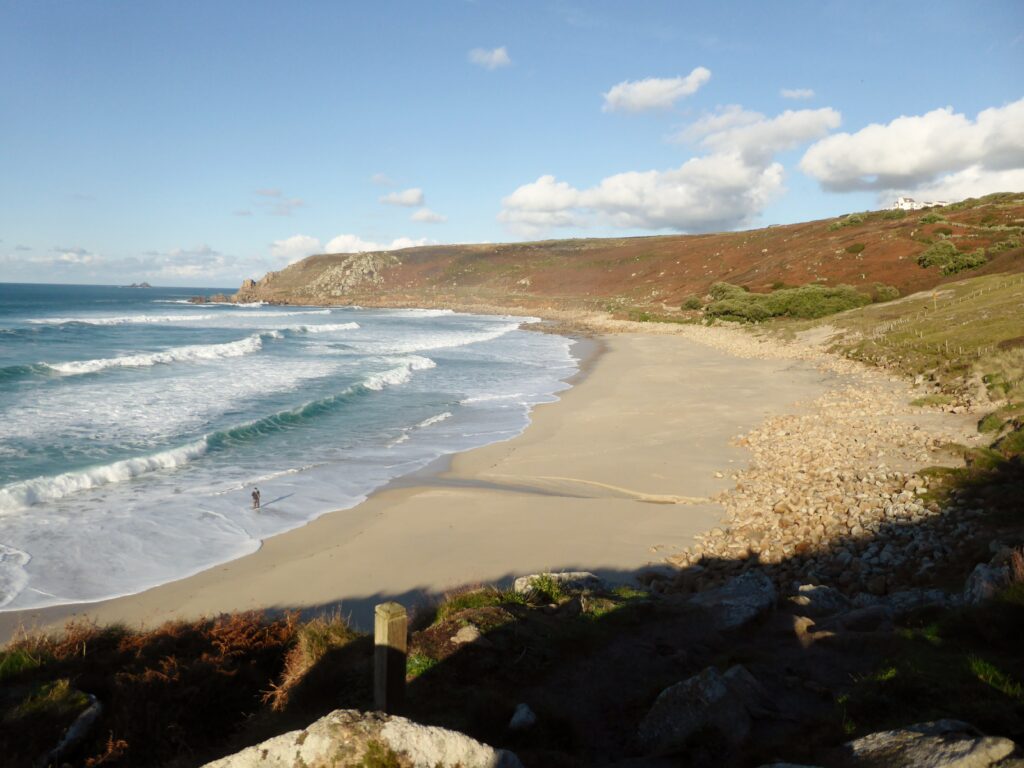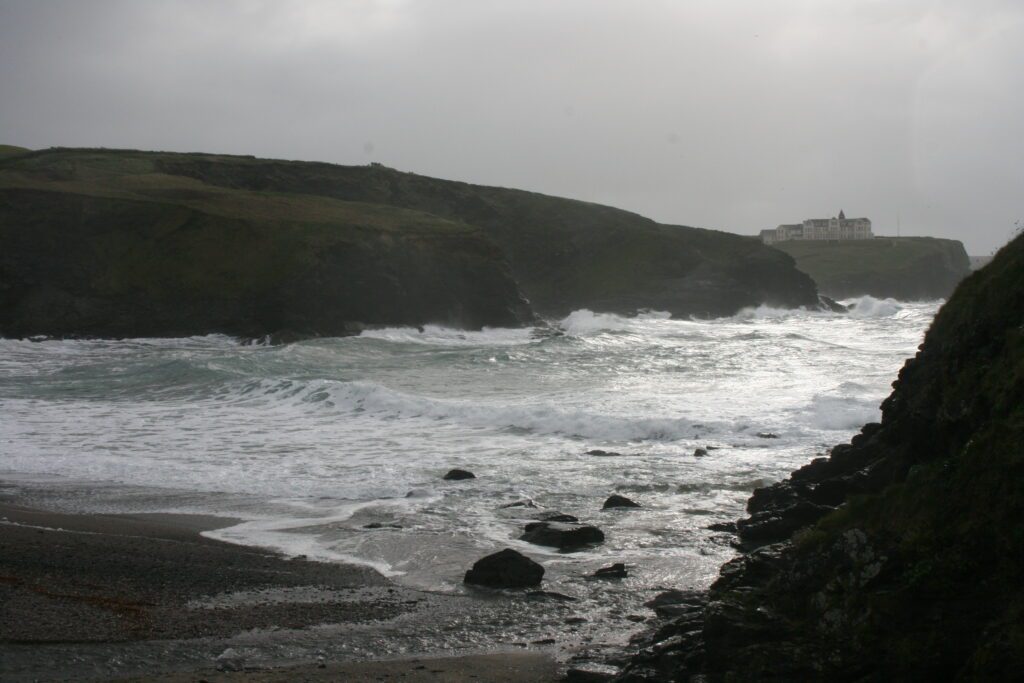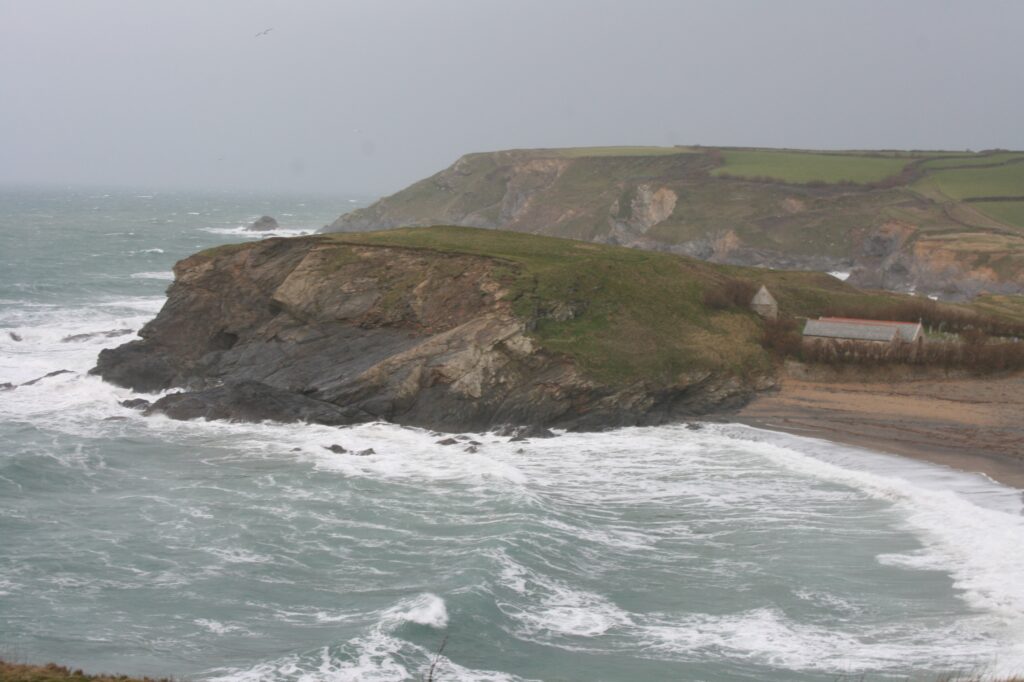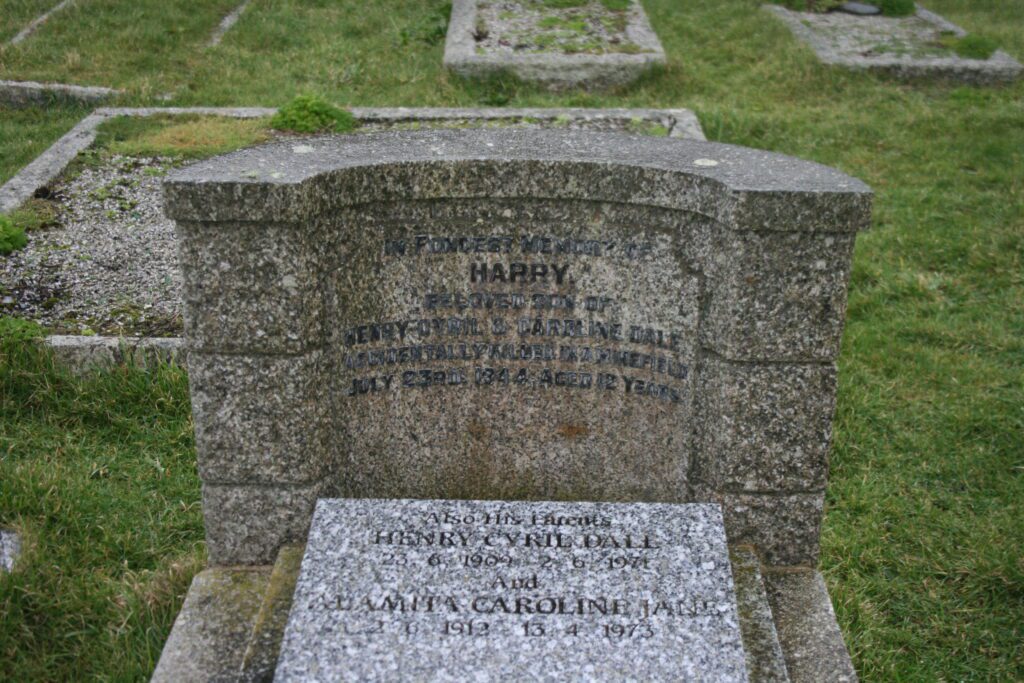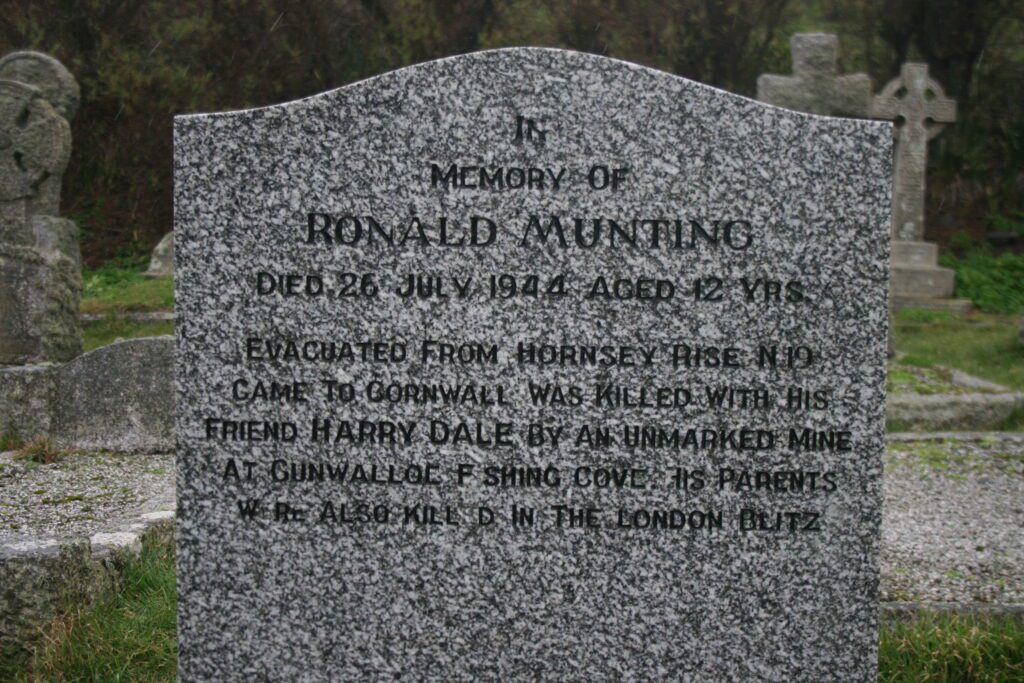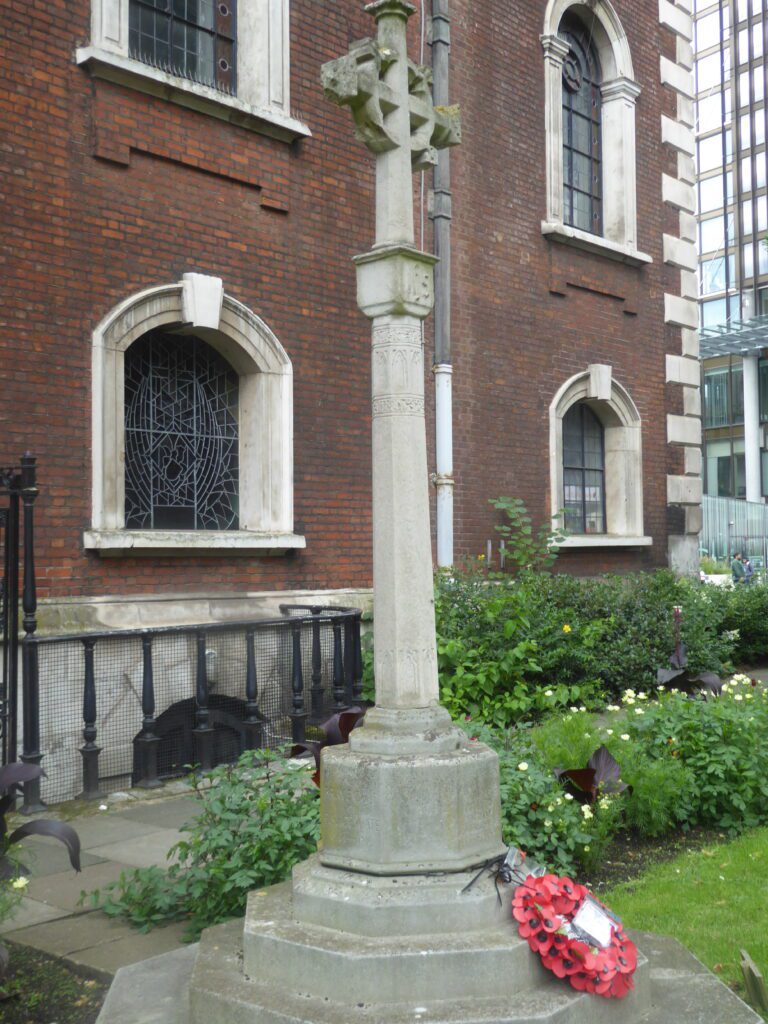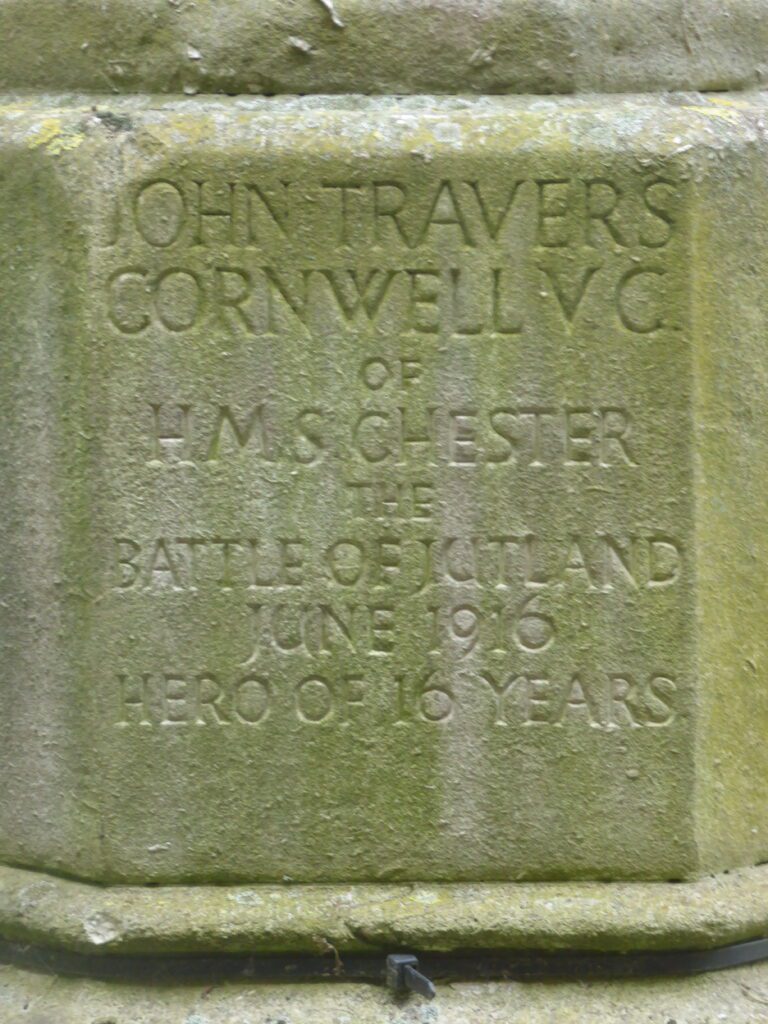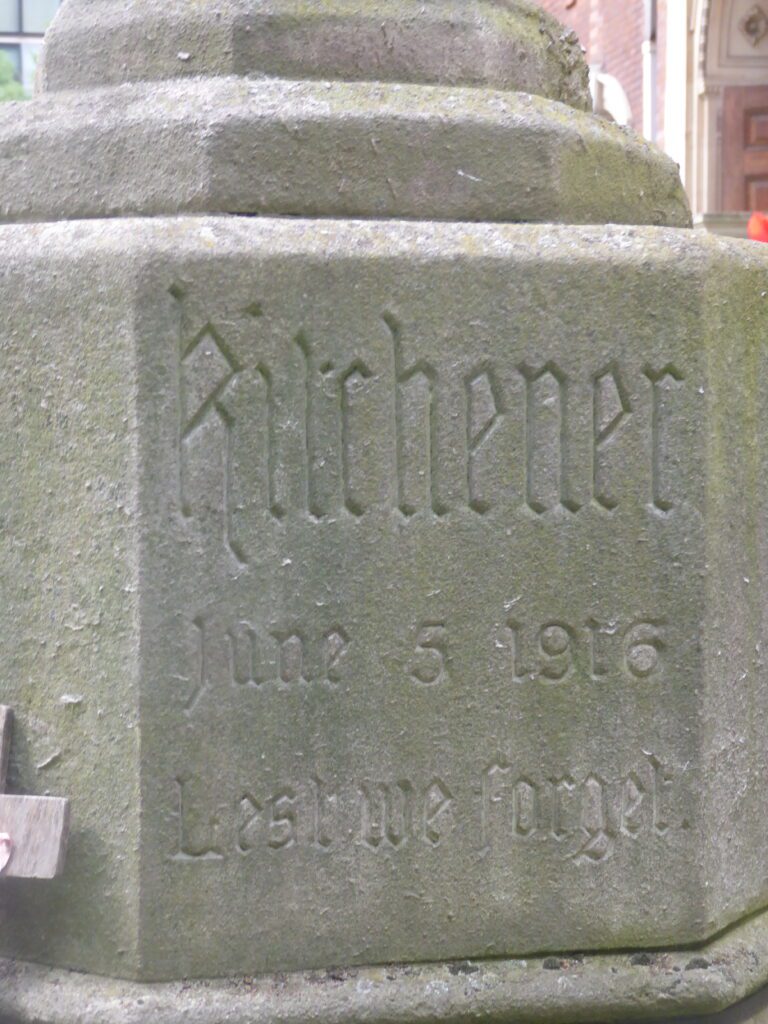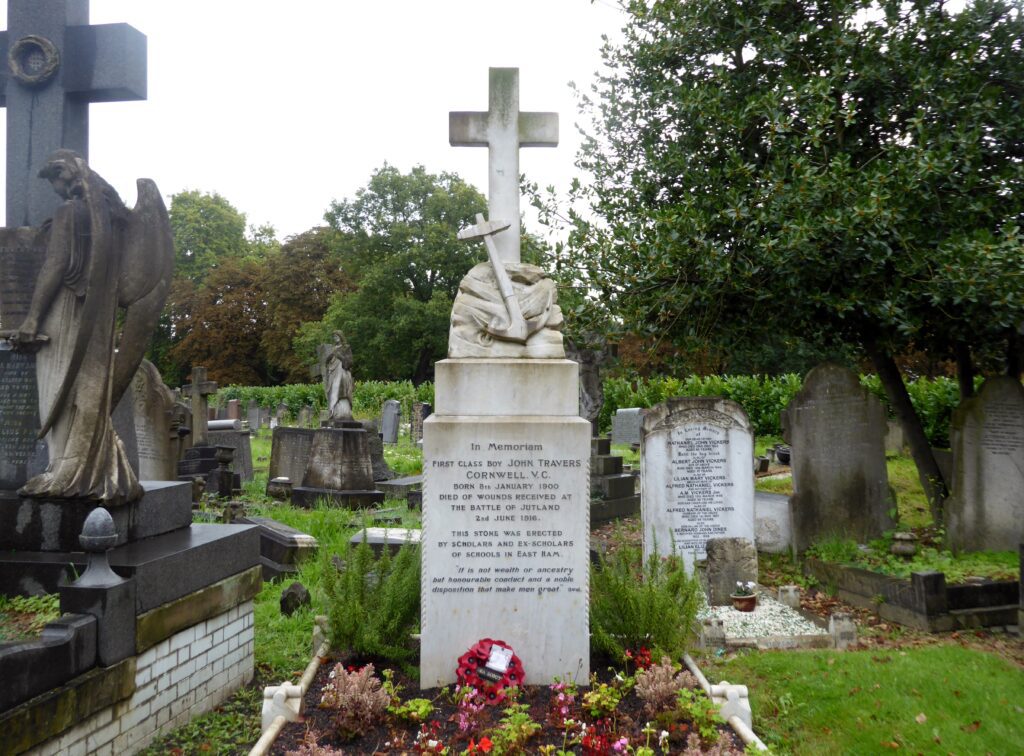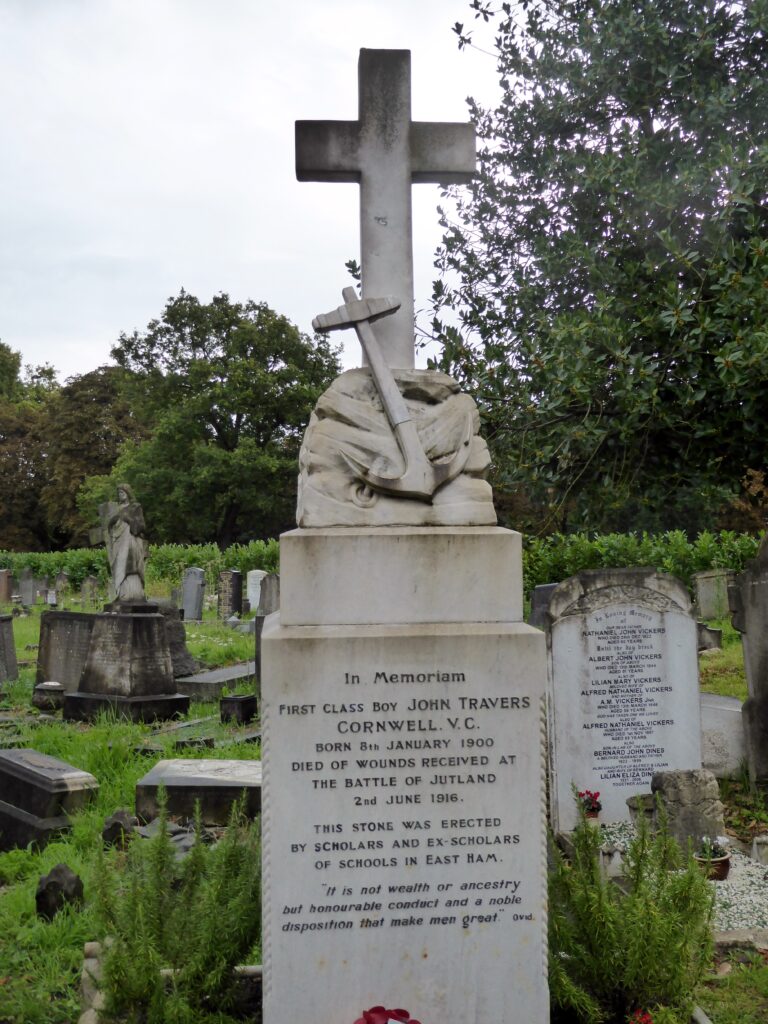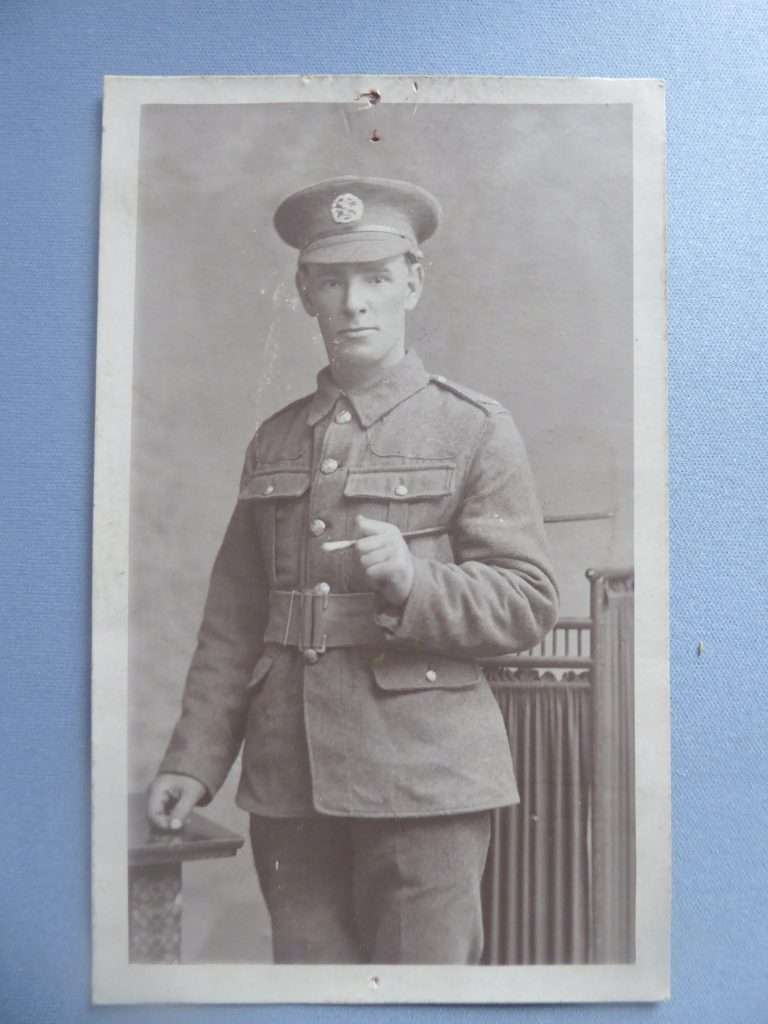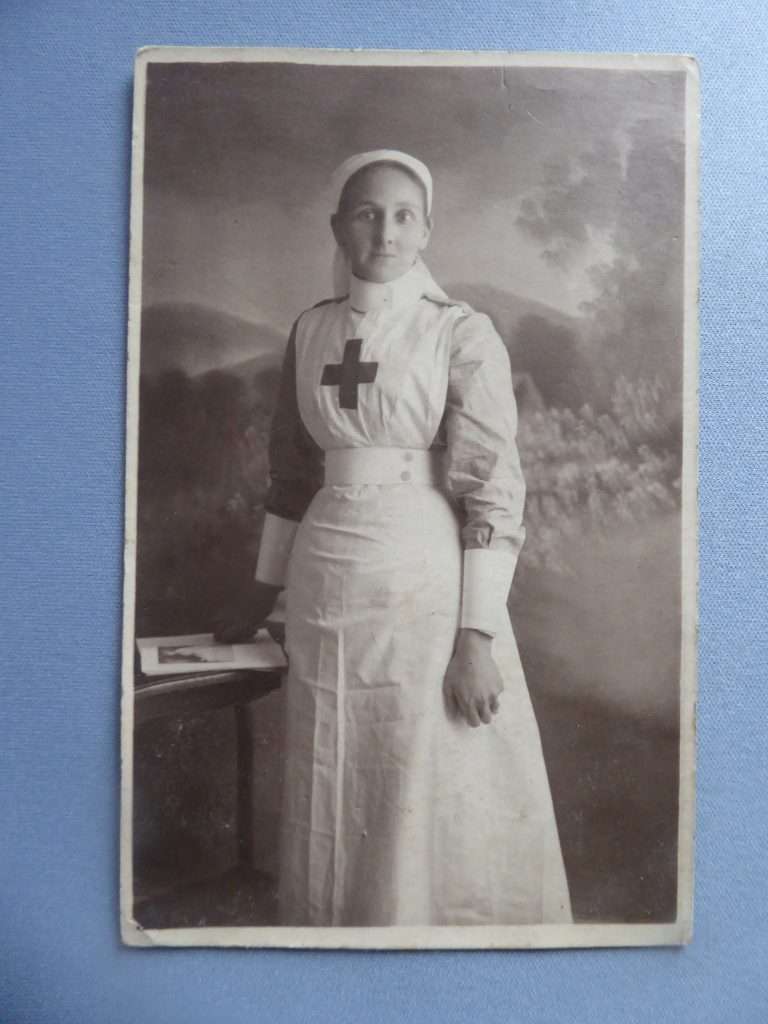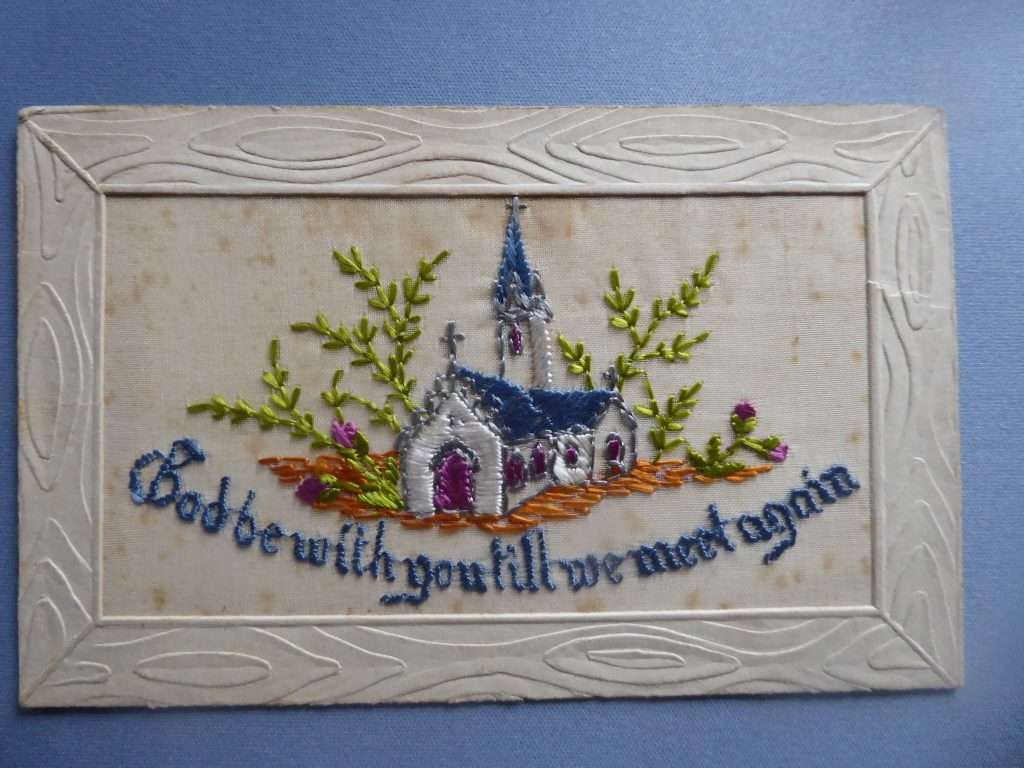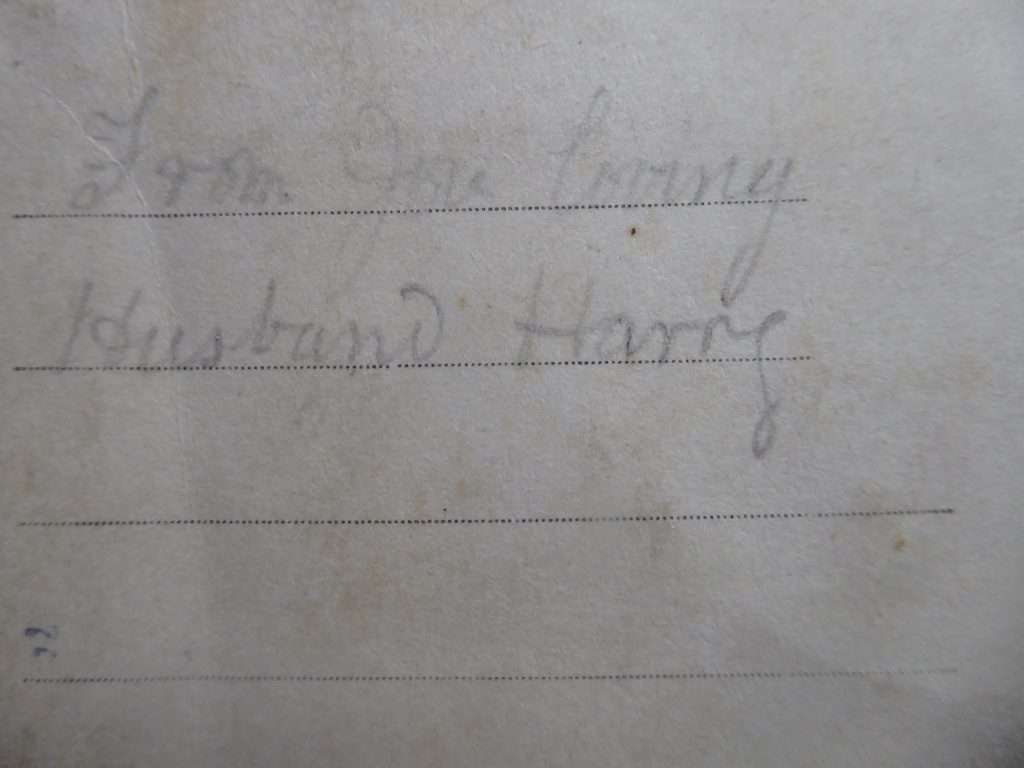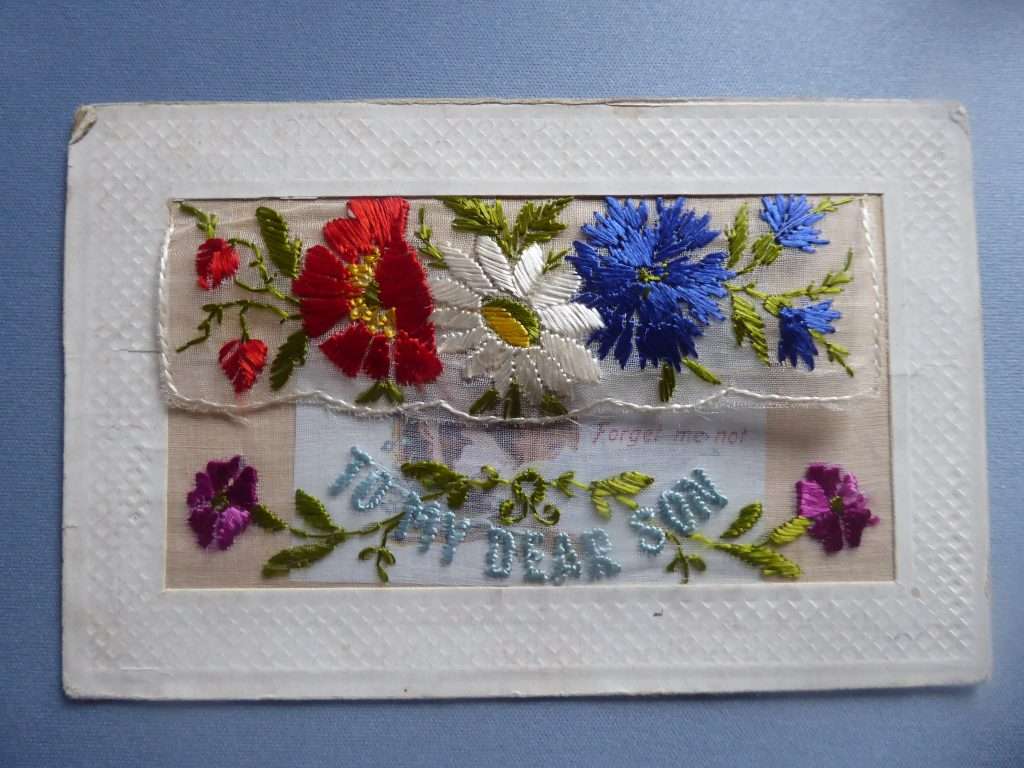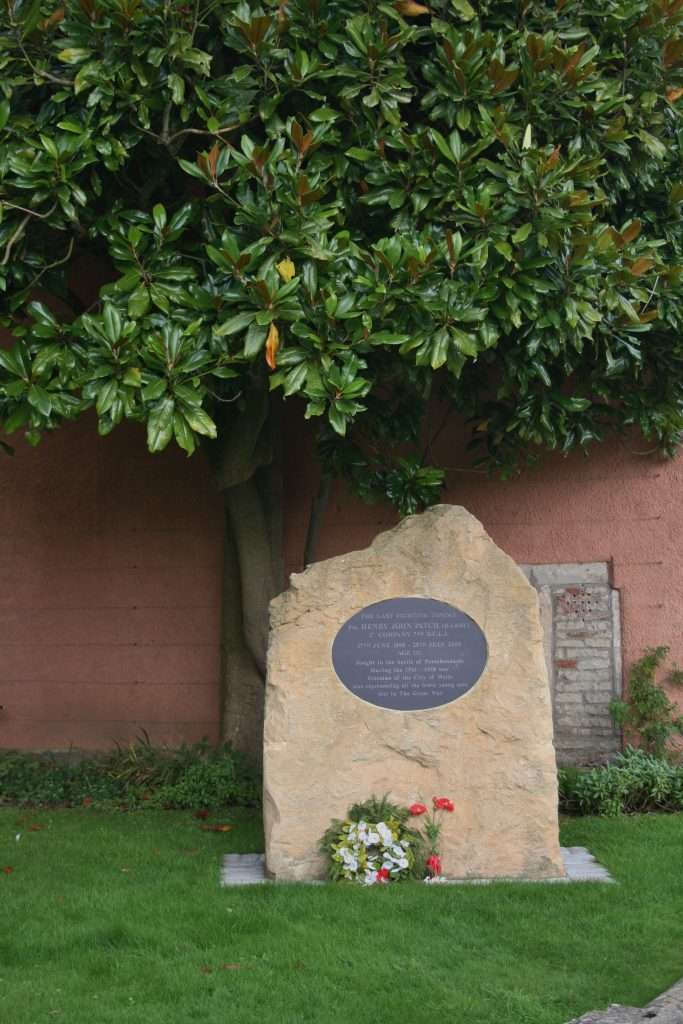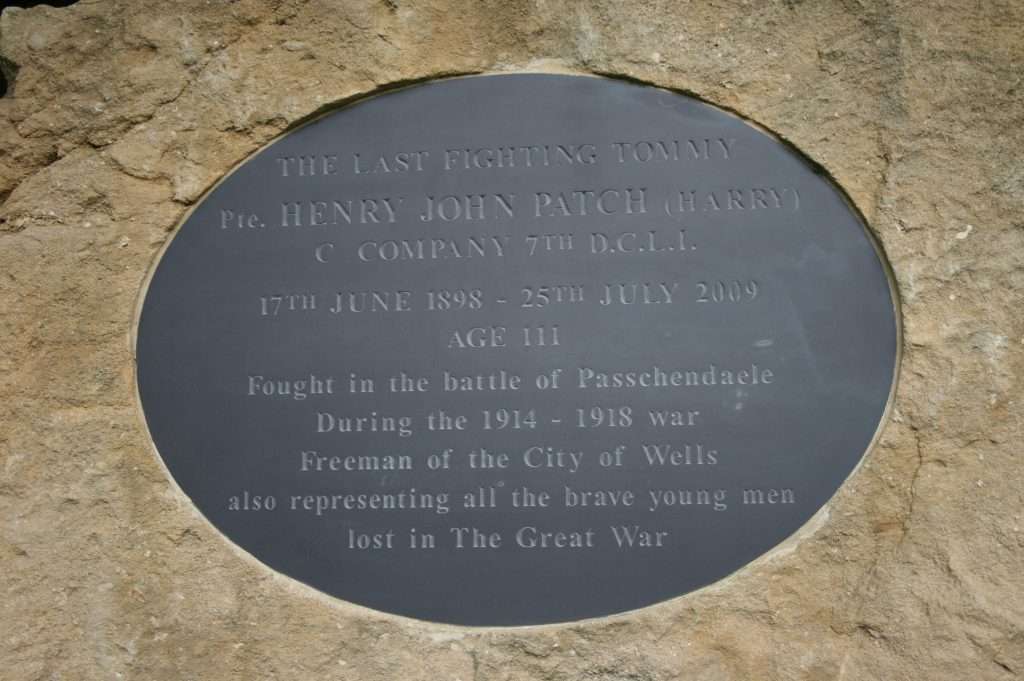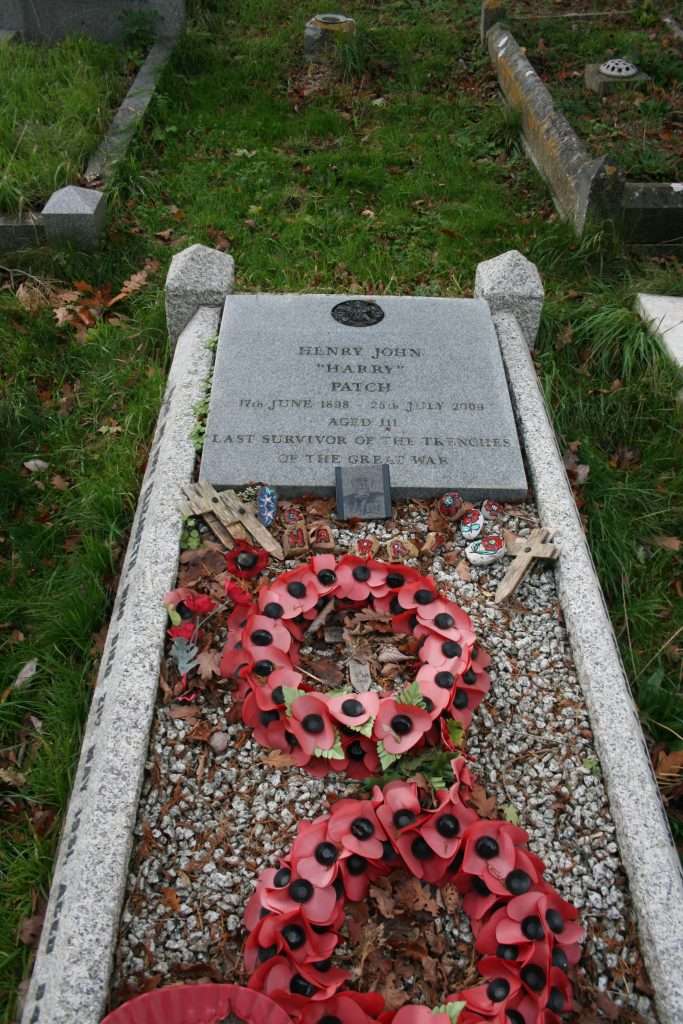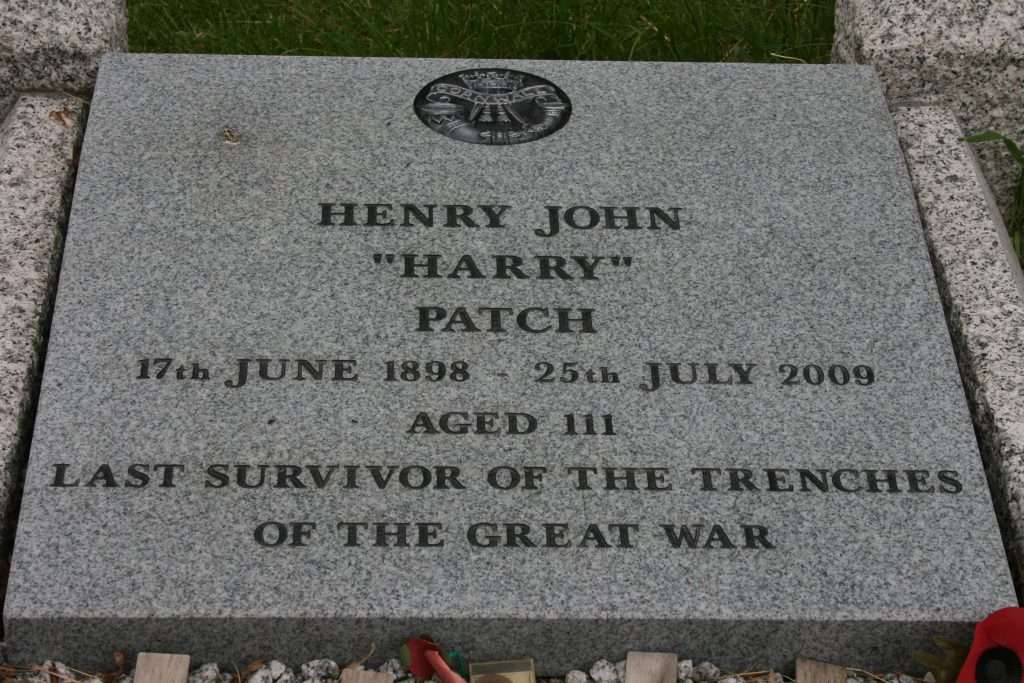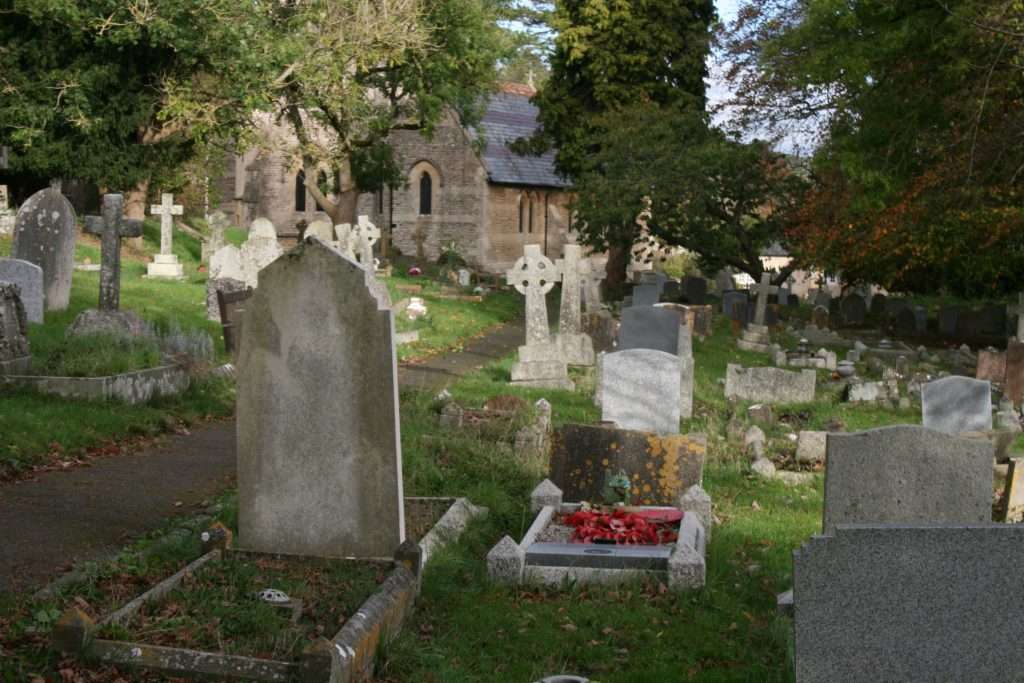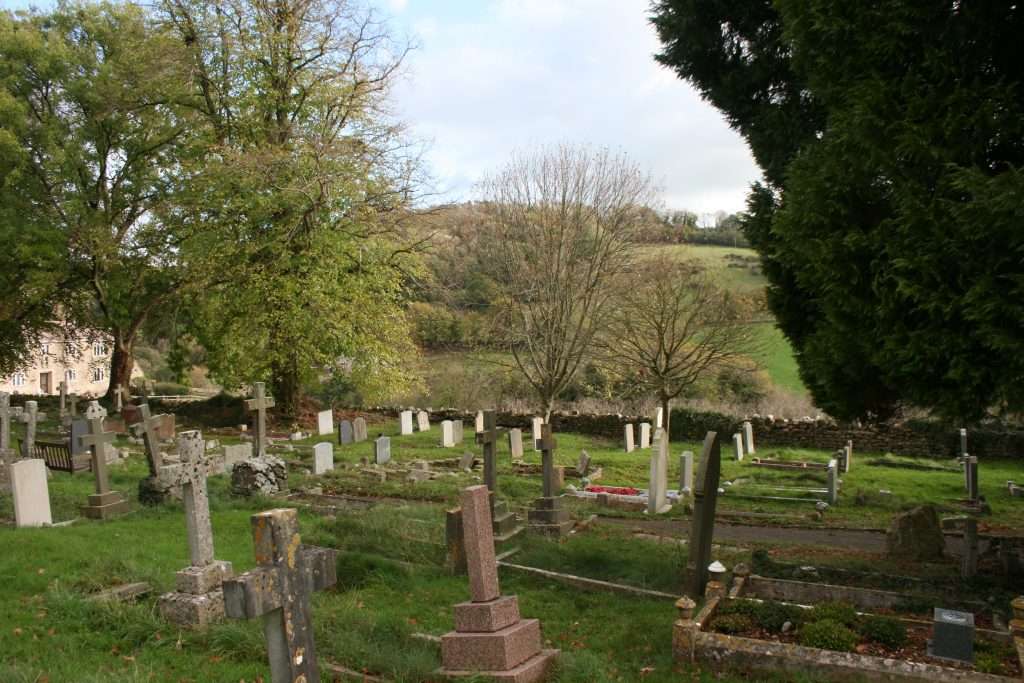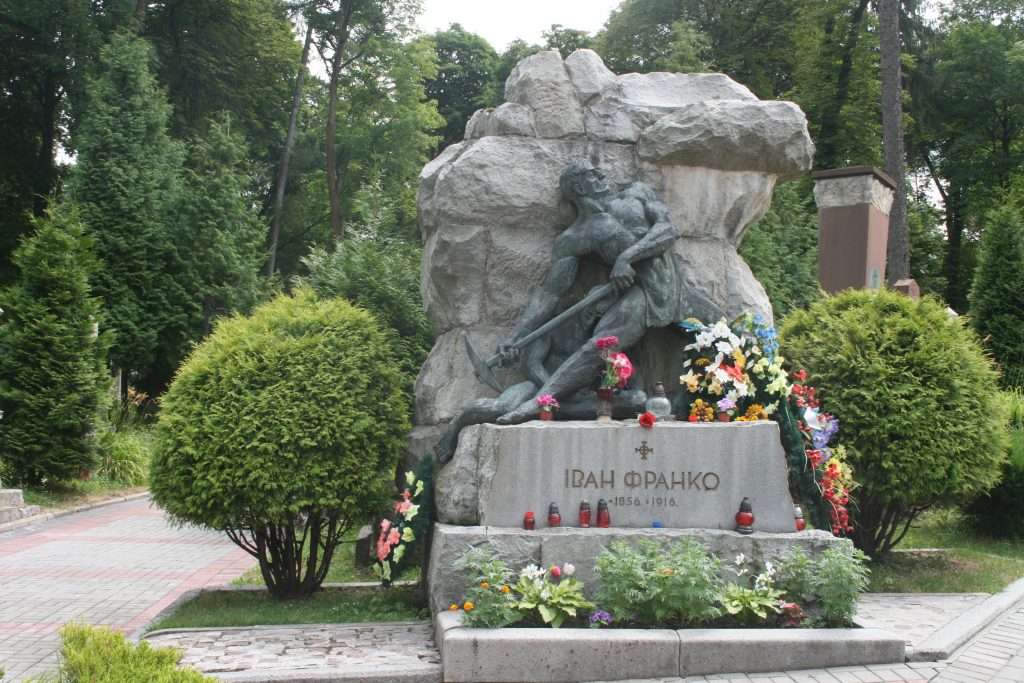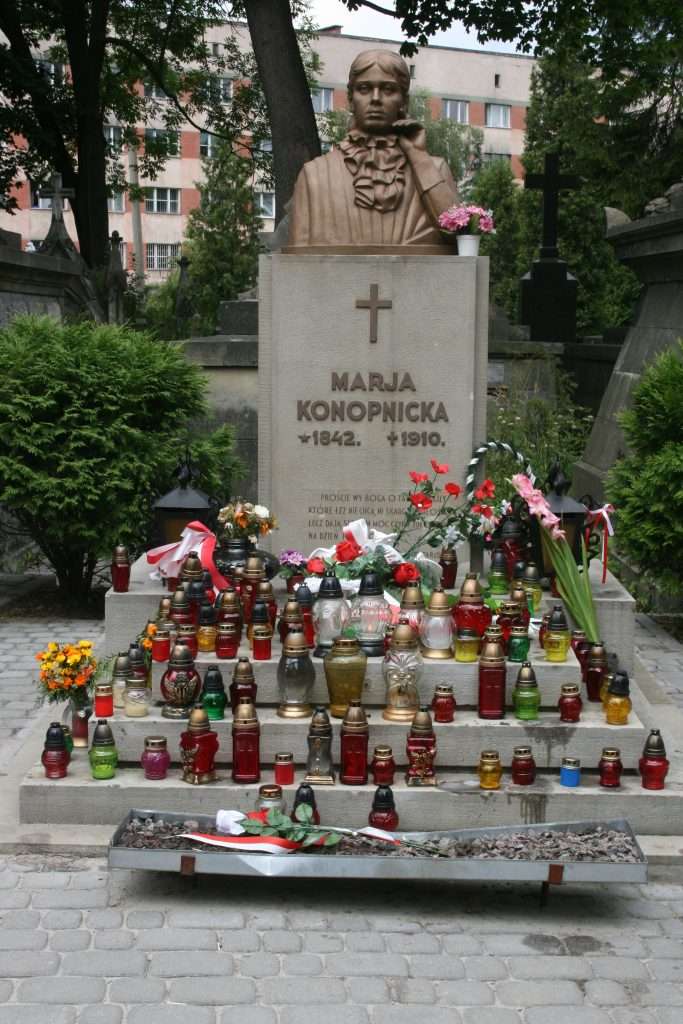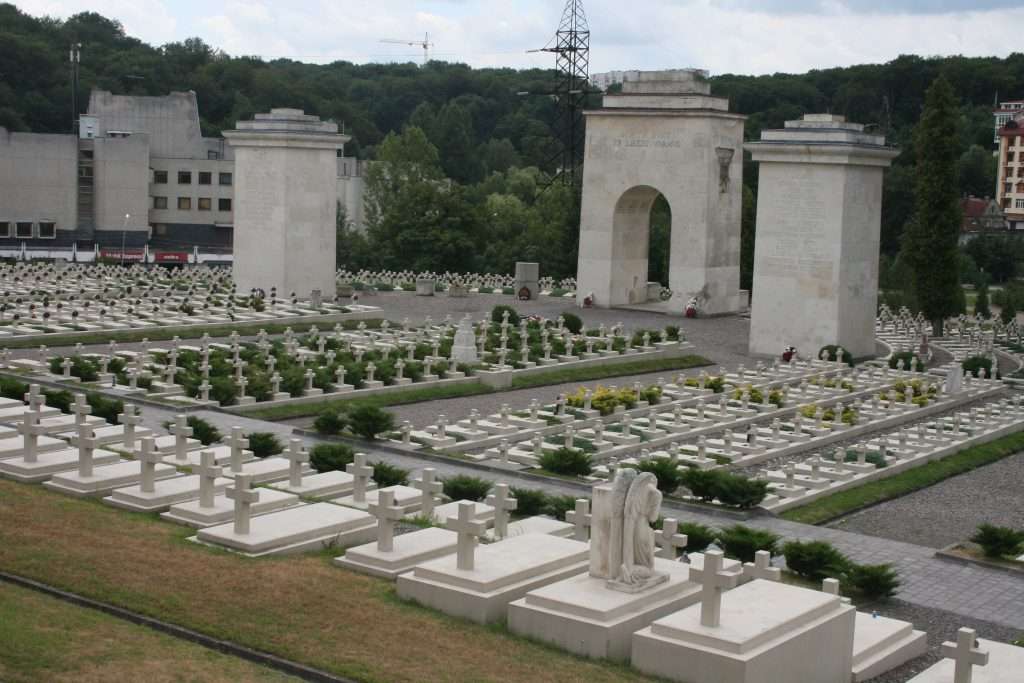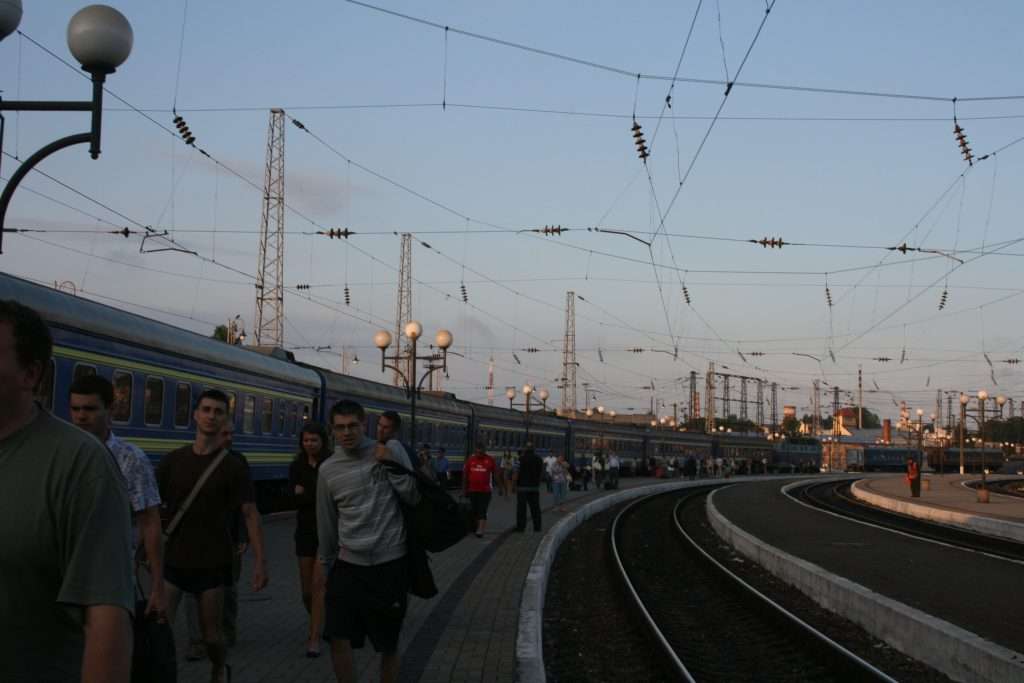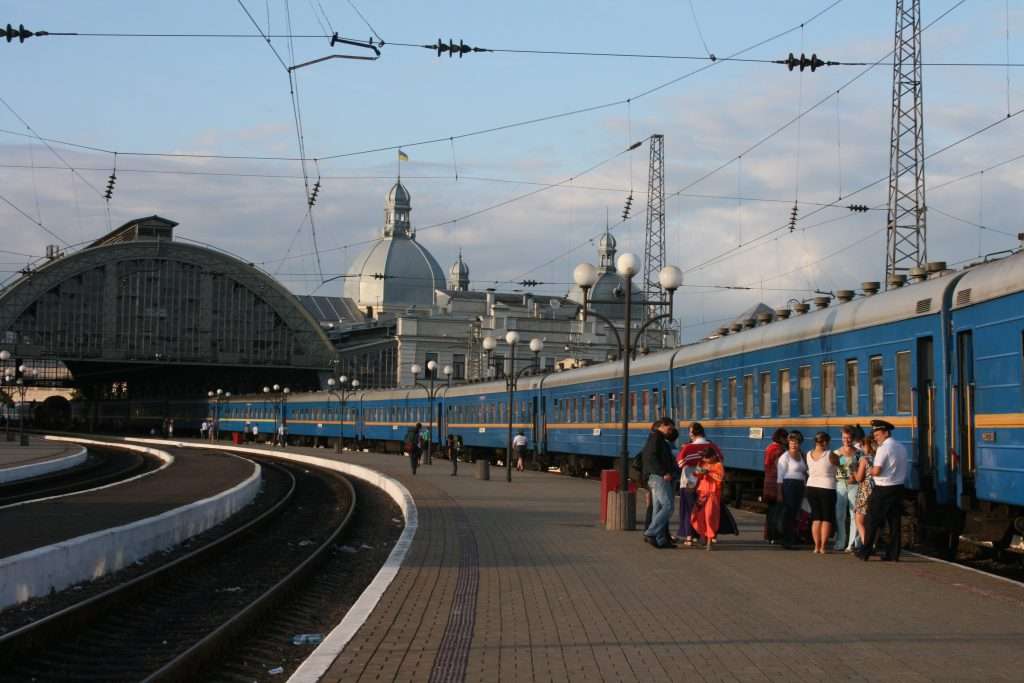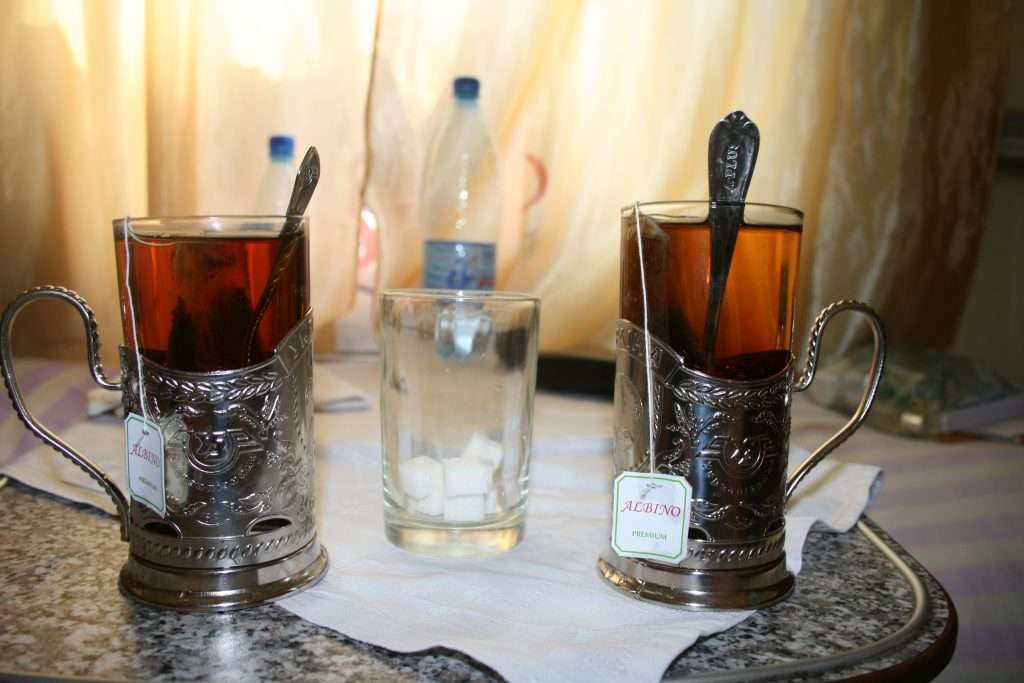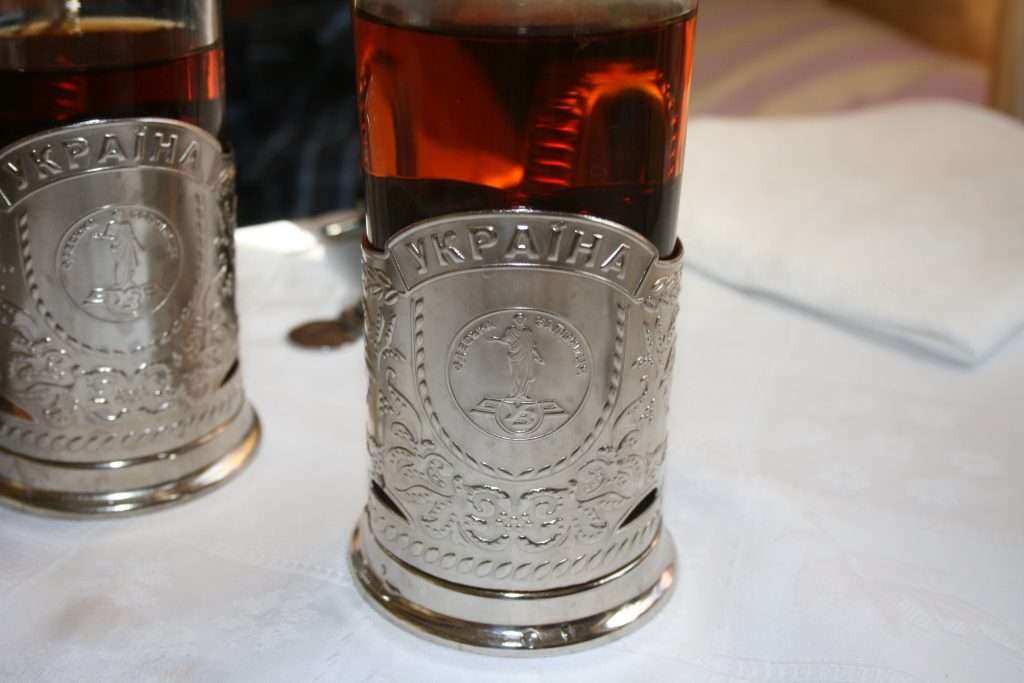Sarajevo is a lovely city surrounded by hills; to the east lies the Turkish old town with its narrow cobbled and marbled streets, gracious squares, small wooden shops, bazaars, mosques, fountains, and pavement cafes serving Bosnian coffee with lokum and baklava. To the west is the new town flaunting the grand, imperialistic buildings of the Austro-Hungarian Empire. My taxi driver spoke of his city with pride: did I know that under the Ottomans it was the biggest and most important city in the Balkans after Istanbul itself; that it was the first city in Europe to have an electric tram network; that the 1984 Winter Olympics were held here…
Yet Sarajevo has a troubled history. The Ottomans conquered Bosnia and Herzegovina in the fifteenth century and stayed for four hundred years. In 1878 Austro-Hungarian armies ousted them and occupied the territory, formally annexing it in 1908. A trading centre and an ethnic and religious melting pot with Jews, Moslems, Orthodox and Catholic Christians amongst its population, Sarajevo became known as the “Jerusalem of Europe.”
But armies of occupation are always unwelcome, and Sarajevo became the centre of Bosnian-Serb resistance to Austrian rule. As we learned in school, drafting painstaking essays on the causes of World War One, the assassination of Archduke Franz Ferdinand by the Bosnian Serb, Gravrilo Princip, was the spark which ignited preexisting conflicts and dissensions, as European armies mobilised against each other in 1914. By 1918 Bosnia Herzegovina had escaped the Austro-Hungarian yoke, only to emerge from the war annexed to the Kingdom of Serbs, Croats, and Slovenes under a Serbian monarchy. In 1929 this became the Kingdom of Yugoslavia and in 1939 the Cvetkovic-Macek Agreement effectively partitioned Bosnia between Croatia and Serbia.
When German forces invaded Yugoslavia in World War Two, the Serbian royal family fled, and the Axis powers created the independent state of Croatia, incorporating Bosnia. The quisling Croat Ustase regime ran the state as a Nazi satellite promoting terror and genocide. Meanwhile the Chetniks, royalist Serbs, conducted their own campaign of genocide against Croats, Muslims, and Communists in pursuit of an ethnically pure Greater Serbia.
From 1941 however the Yugoslav Communists under Josip Brod Tito had organised their own multiethnic resistance group; the Yugoslav Partisans fought both the Axis and the Ustase. In 1943 they established Bosnia Herzegovina as a republic within the provisional state of Democratic Federal Yugoslavia, and on 6 April 1945 they liberated Sarajevo itself from the fascists.
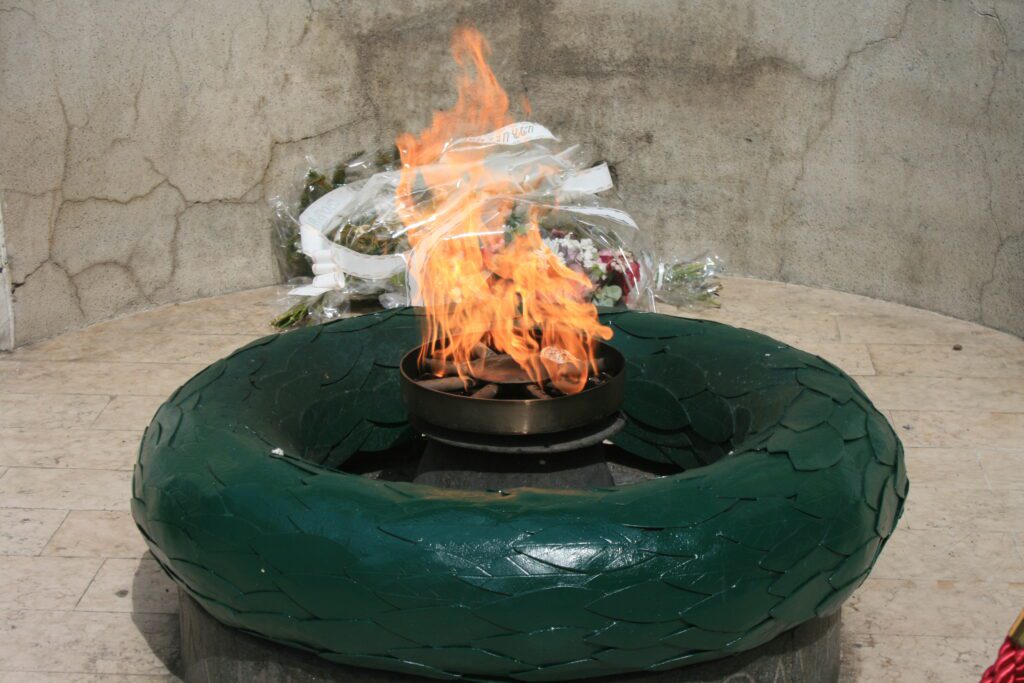
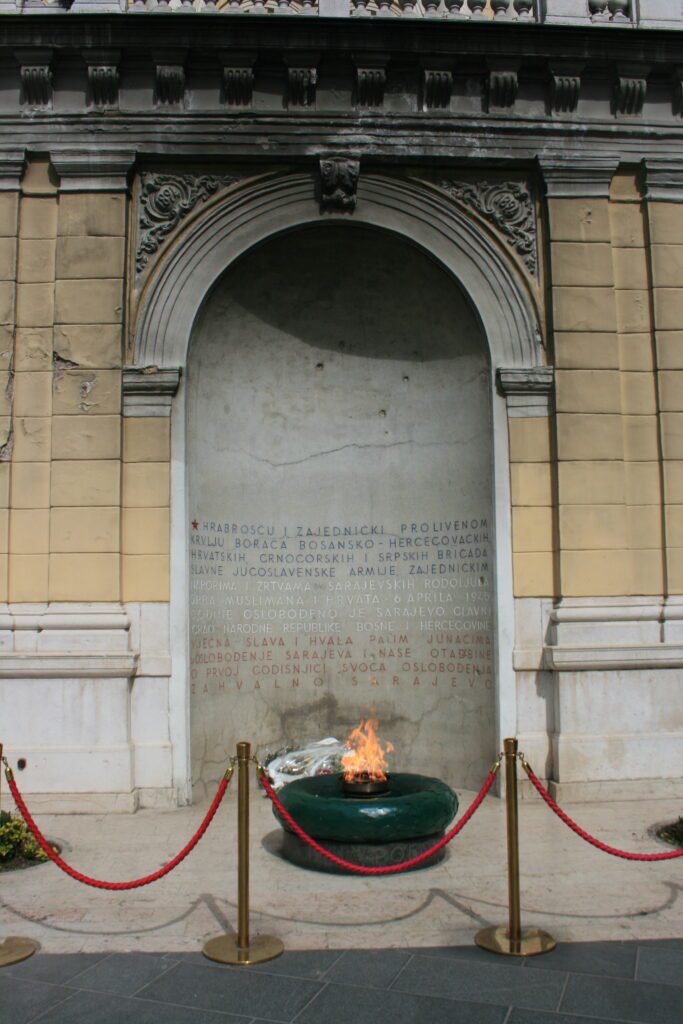
After the war, the Socialist Federal Republic of Yugoslavia, comprising the six republics of Bosnia Herzegovina, Croatia, Macedonia, Montenegro, Serbia, and Slovenia, emerged as a successful decentralised federation, supplanting the national disputes of the past. For forty years Yugoslavia developed its own brand of Communism, maintaining neutrality in the Cold War and close ties with developing countries. An open society whose inhabitants were free to travel for work and holidays, whose borders were open to foreign visitors, it witnessed economic growth and political stability. Along with the other capitals Sarajevo, a multicultural city of Muslim Bosniaks, Orthodox Serbs, and Catholic Croats, flourished.
But the Bosnians were to suffer again. By the late 1970s inflation, economic recession, and western trade barriers had led to a heavy IMF debt in Yugoslavia causing disputes between the Republics reflecting their divergent economies and differing levels of productivity. Moreover, with the death of Tito in 1980 ethnic nationalism revived. Serbians sought a more centralised state under Serbian hegemony while the other partners favoured the continuation of a looser federation. The breakup of Yugoslavia began with Slovenia and Croatia seceding, and in March 1992 following a referendum Bosnia Herzegovina declared independence. The UN recognised its status. Bosnian Serbs however revived the spectre of a Greater Serbia, to include all Serbian populations, and under Radovan Karadzic established the Republica Srpska in the northeast of Bosnia Herzegovina.
From here between 1992 and 1995 the Serbian army directed a programme of ethnic cleansing against the Muslim Bosniaks. They conducted massacres, the most egregious that of Srebrenica, and systematic mass rapes of Bosnian women throughout the country.Their soldiers encircled Sarajevo from the hills, attacking the city with artillery, mortars, tanks, machine guns. Sniper attacks in the city accompanied the shelling. Sarajevo was besieged for 1425 days, the longest siege of a capital city in the history of modern warfare. An average of 329 grenades hit the city every day; 100,000 Bosnians lost their lives, the dead included 11,541 civilians of whom 1,500 were children; 56,000 were wounded including 15,000 children.
The Massacre of Srebrenica shocked the West into calling for a cease fire, a NATO air campaign ended the siege, and at length the Dayton Agreement brought the Bosnian War to an end.
More than a quarter of a century later my taxi driver could still make no sense of it: “We were all living together,” he said, “then out of nowhere….” his voice cracked, the memories obviously still sharp and painful.
And Sarajevo bears witness: outside the reconstructed library, burnt to the ground during the siege with the destruction of two million books, a plaque reads, “Do not forget, remember and warn.” In the Martyrs’ (Kovaci) Cemetery soldiers and civilians killed in the war lie alongside Alija Izetbegovic, the first President of Bosnia who declared Bosnian Independence in 1992.
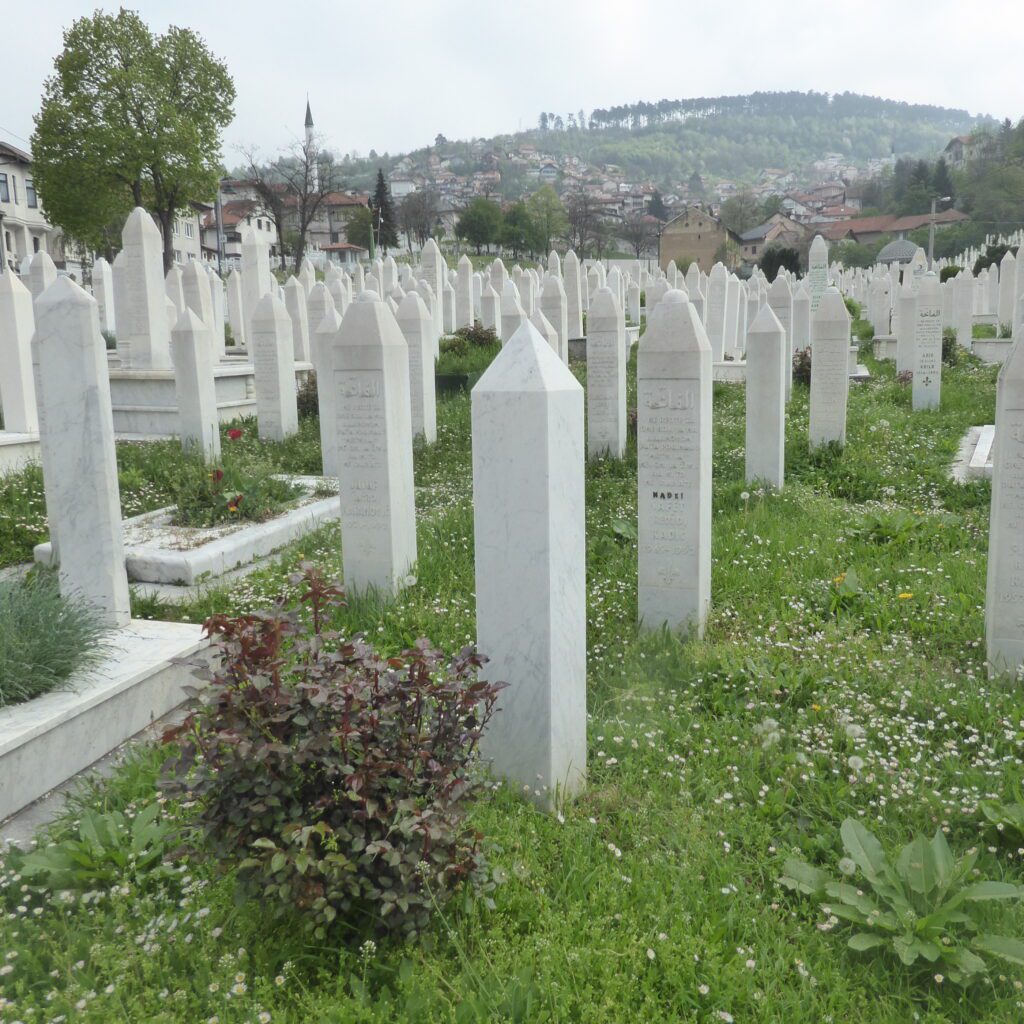
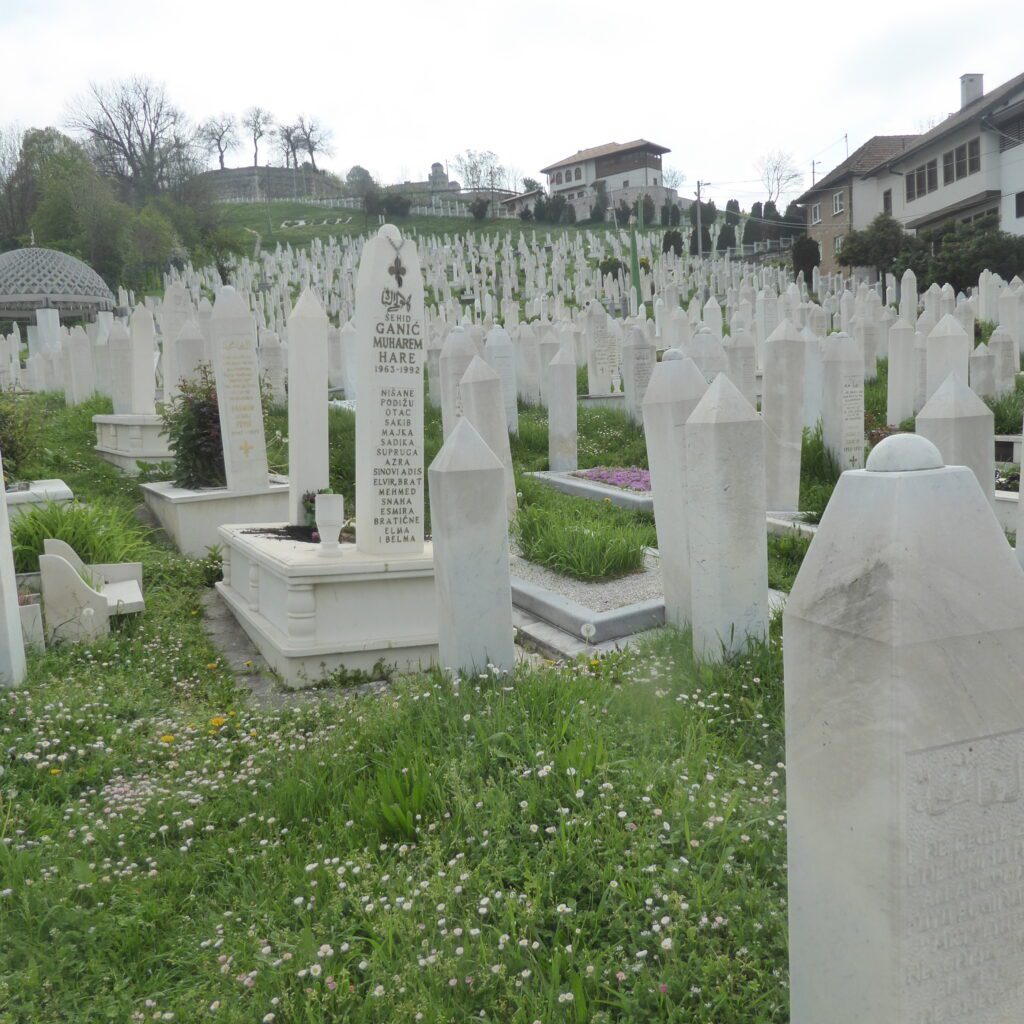
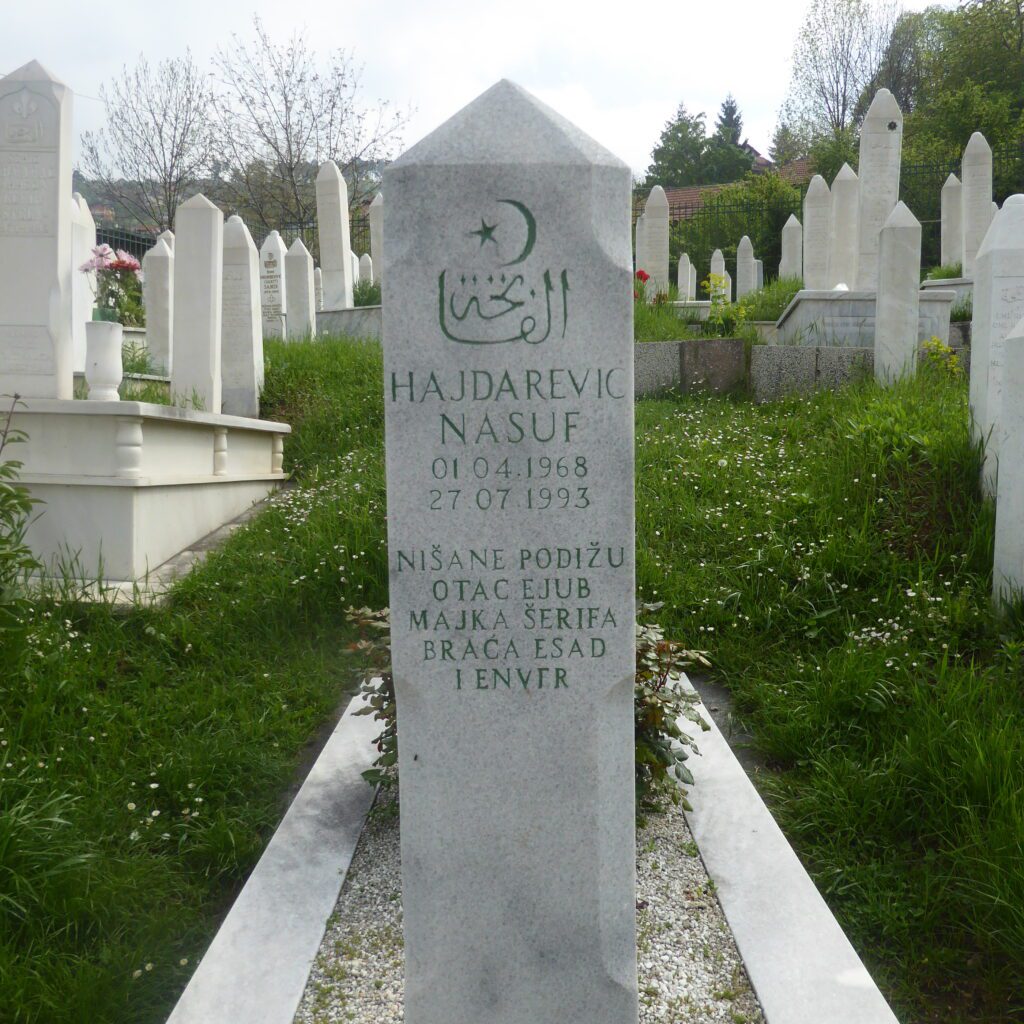
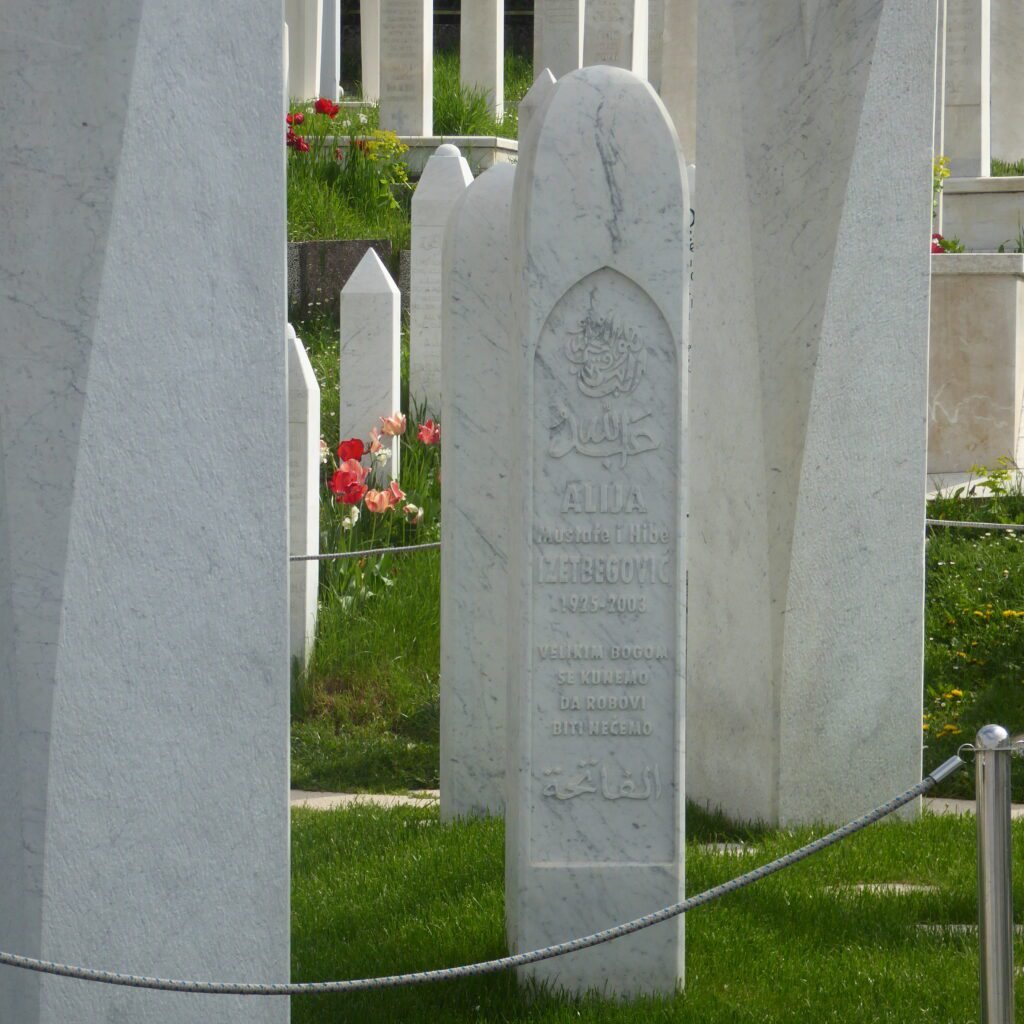
The Siege of Sarajevo Museum uses film, photographs, artefacts, and written material to recount harrowing personal stories of the siege. The poignant Sarajevo Roses mark the places on pavements where sniper fire killed people queueing for bread and water during the siege. The pock marked concrete has been filled with red resin like candle wax, creating the red flowers. There are two hundred of them, beautiful but terrible memorials, scattered throughout the city.
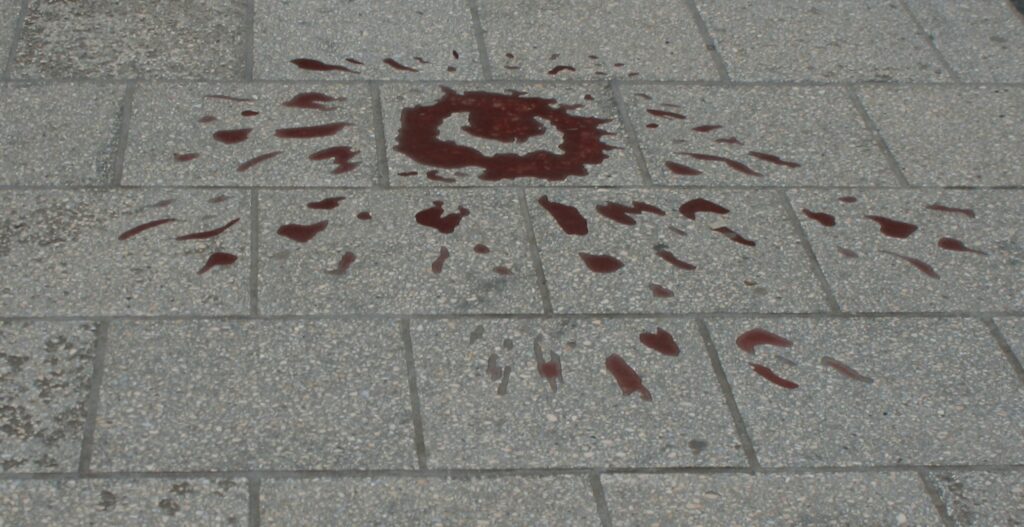
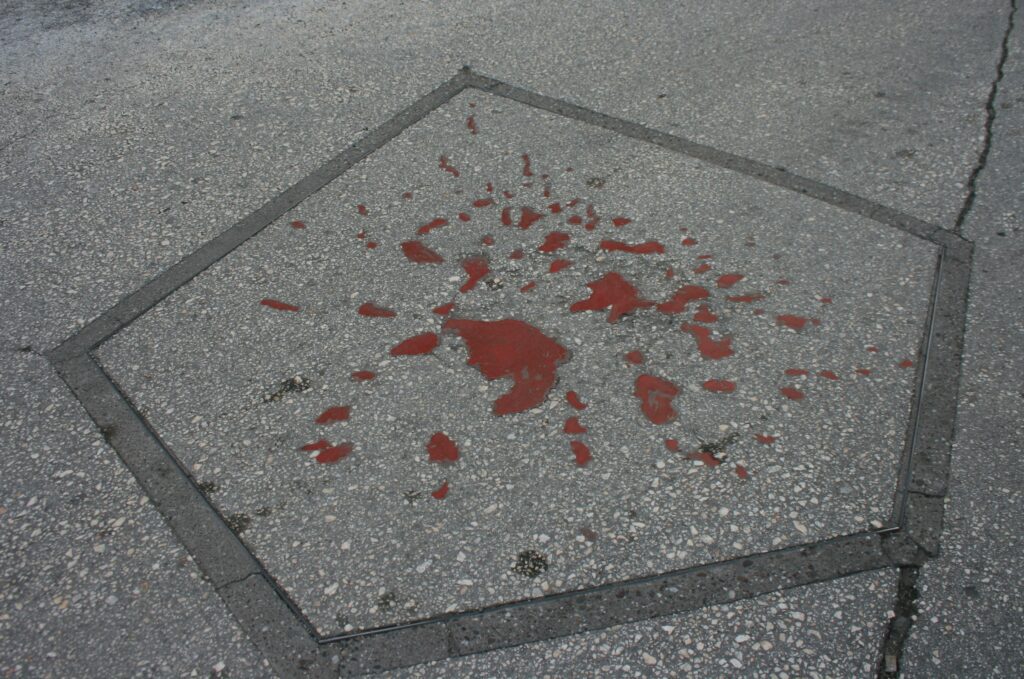
Sarajevo and its inhabitants have suffered horribly, but as he drove me back to the airport my driver’s principal concern was to know if I had enjoyed his city: was my hotel good, had I been up Mount Trebevic in the cable car, did I like the food, had I tried cevapi, had I seen the national museum and the botanical garden, had I had coffee in Sebilj Square, did I like Sarajevo, would I come again, would I tell my friends to visit. It was a resounding yes to everything. For all its sorrows Sarajevo is a warm, welcoming, friendly little city, bruised and hurt by foreign occupations and ugly wars, not forgetting its past and its dead, yet looking forward even while remembering. I hope its future is as bright as the red roses on its pavements.
